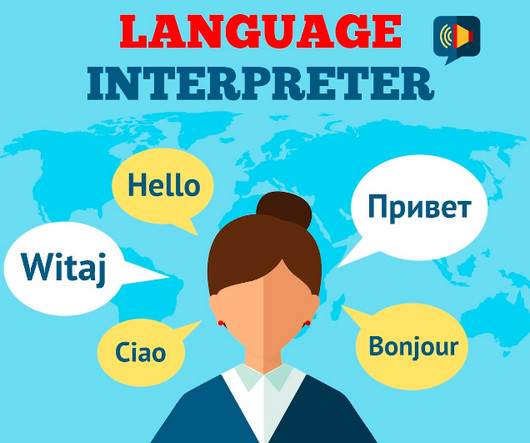Telehealth Law: Healthcare Translation Services for Limited English Proficient People (Case Study)
Telebehavioral Health Institute
JULY 11, 2023
The following case study will address the application of healthcare translation services to the communication and language assistance needs of people who are limited English proficient (LEP). The article is written to illustrate the practical identification and utilization of LEP services in telehealth.












Let's personalize your content